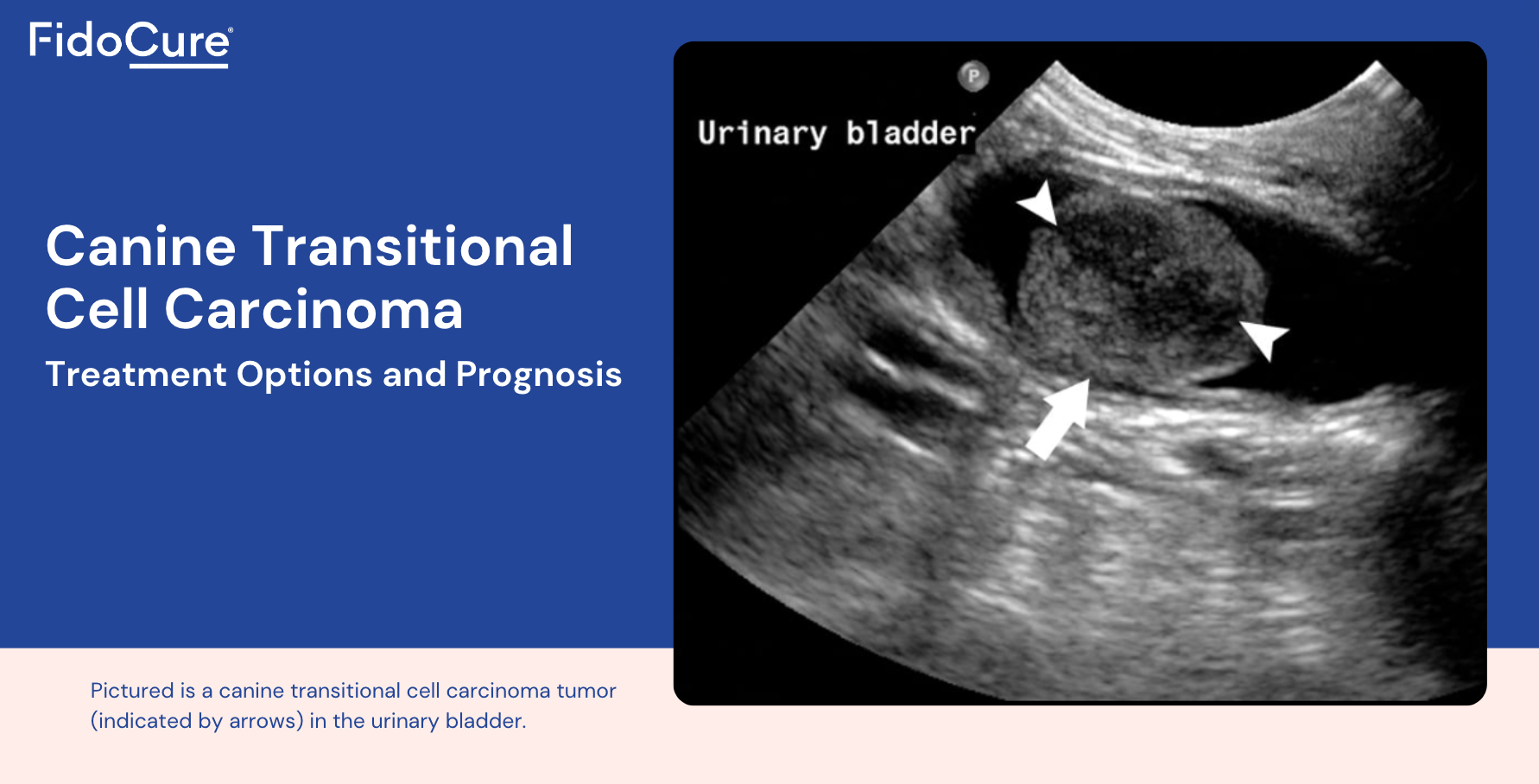Medical Brief: Treatment of Canine Cutaneous Epitheliotropic T-cell lymphoma with Olacitinib
Jeylan Aslan, Michael A. Shipstone and Louise M. Sullivan Vet Dermatol. 2021 May 25. doi: 10.1111/vde.12976
This case study reviews the use of olacitinib to treat cutaneous epitheliotropic T-cell lymphoma (CETL).
- Cutaneous epitheliotropic T-cell lymphoma (CETL) is a rare skin tumor that has a poor prognosis.
- Treatments with CCNU, PEGylated L-asparaginase, doxil, doxorubicin, retinoids, prednisolone and radiation therapy have been reported.
- Oclacitinib is a JAK1 inhibitor, but also inhibits JAK2, JAK3, and TYK2
- Oclacitinib has been shown to deplete CD4+ and CD8+ T cell in vivo as the JAK/STAT pathways are essential for T-cell function.
- The use of oclacitinib in this dog resulted in a partial remission that lasted for 3 months.
- The dose of oclacitinib was 0.7 mk/kg twice daily-- a high dose--it is unclear if the low dose approach would have resulted in a similar outcome.
- The drug and dosage was very well tolerated by this dog.
This is a successful use of a targeted therapy in a dog for a disease other than that which it was initially intended.
It is encouraging to see targeted therapy making a difference in the treatment of canine cancer. To us here at FidoCure®, this strengthens our commitment to using precision medicine and targeted therapy to develop new treatment options to help cancer patients on both sides of the leash.


